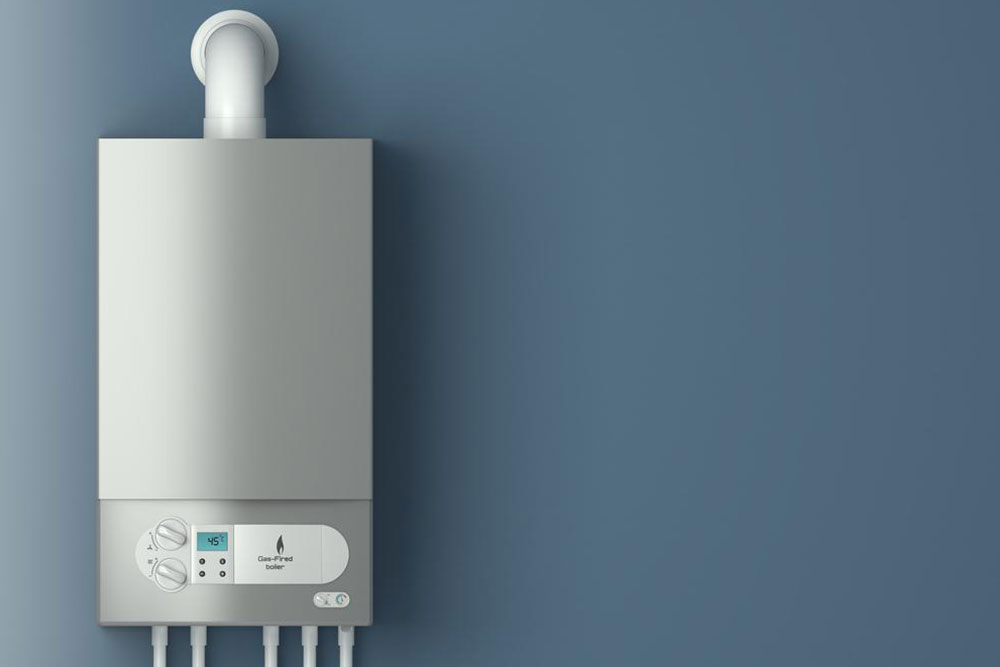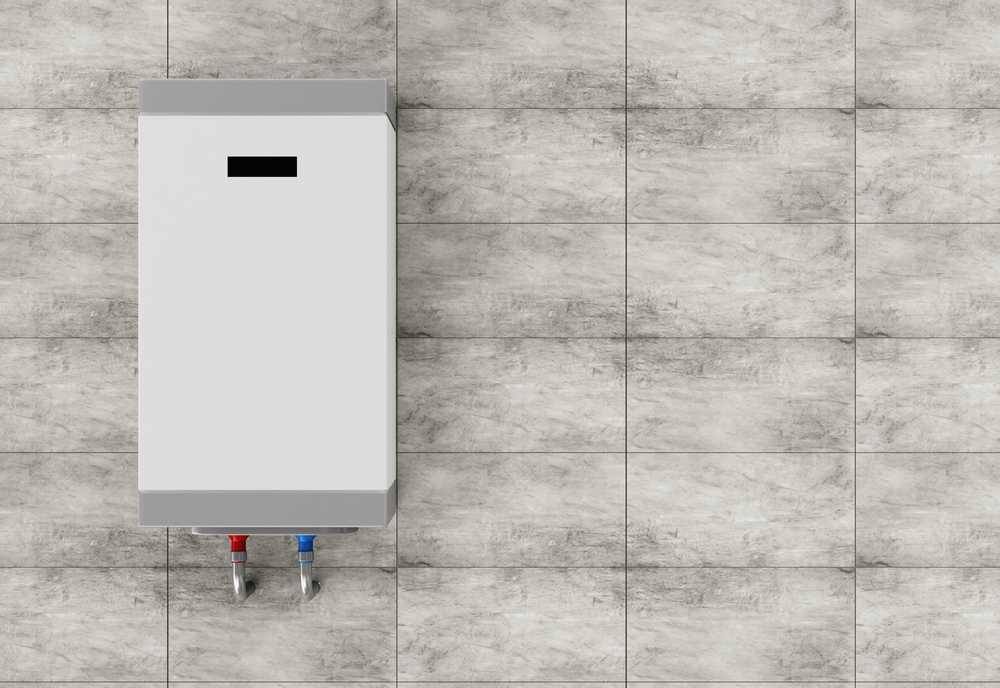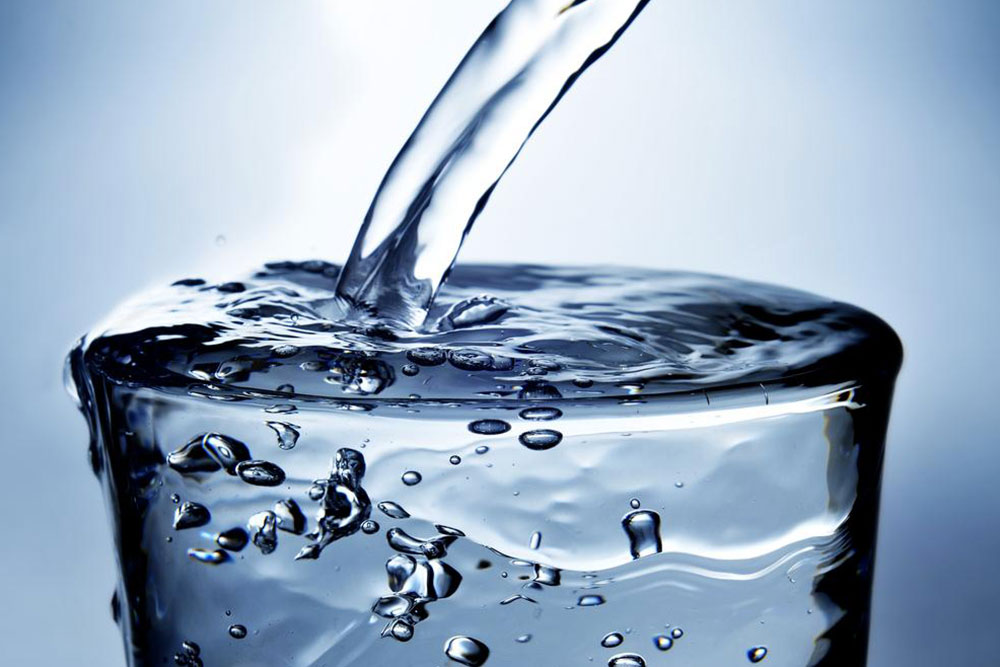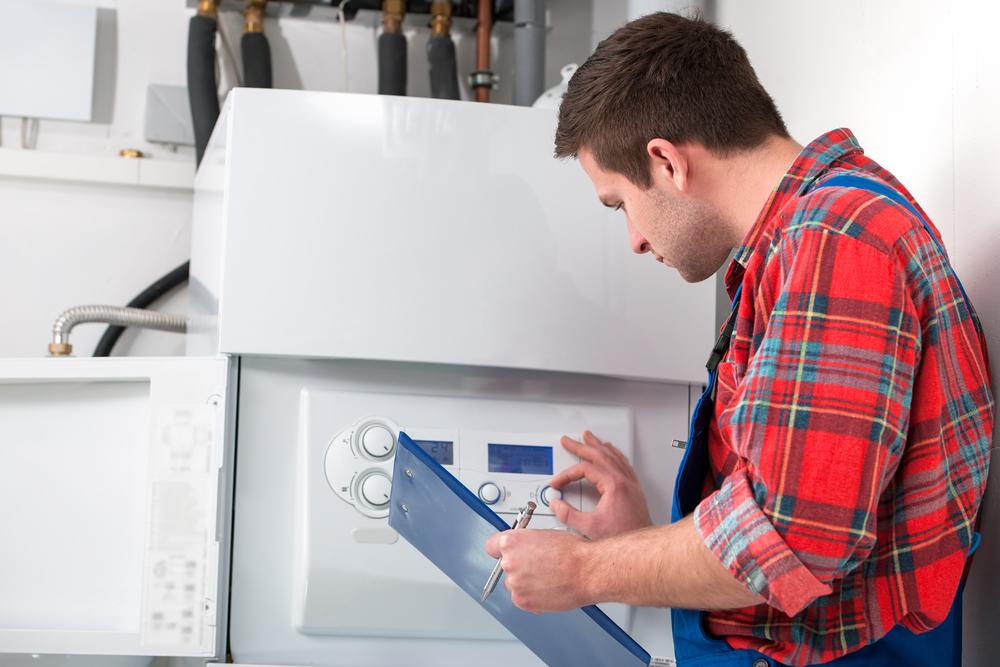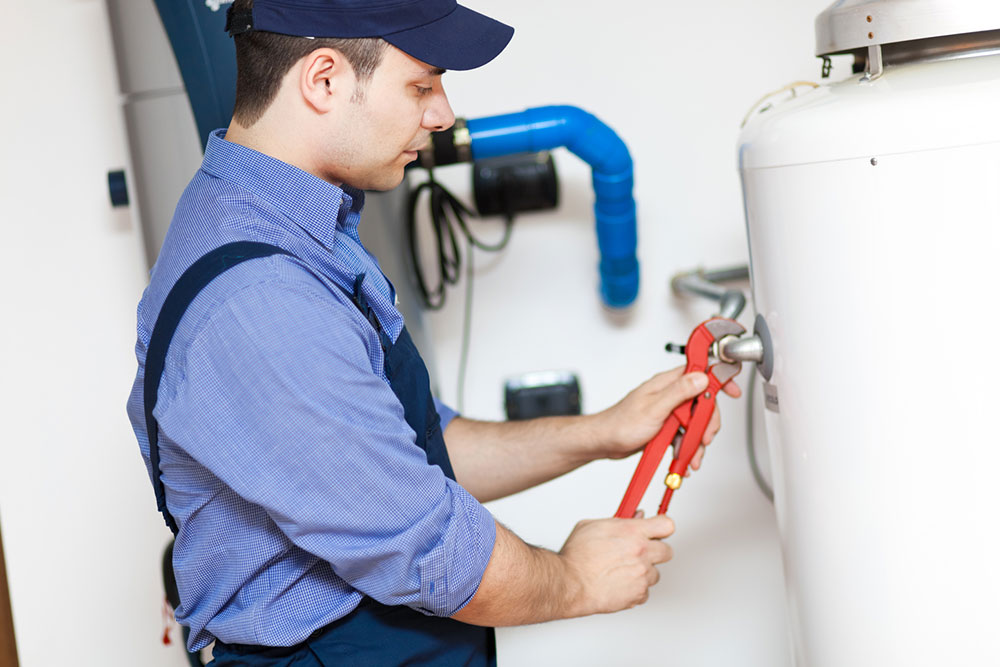All You Need To Know About Hot Water Heaters
If you have ever taken a cold shower on a winter day, then you might know the importance of hot water heaters. Nowadays, there are a number of ways that are available to you to heat up your bathwater. However the choice must be made wisely.
There are many water heaters that may not serve the purpose of an extended family, or they may consume too much power, etc. While two of the main things to consider while choosing a hot water heater are capacity and energy efficiency, there are a number of other things that need to be kept in mind.
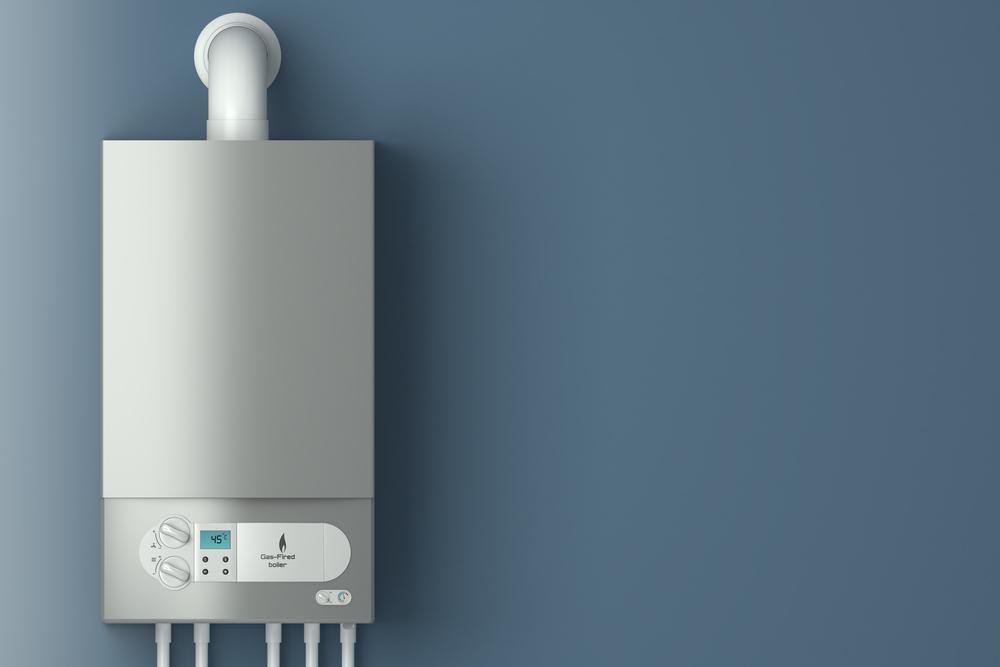
Here are some of the different kinds of common household hot water heaters.
Storage Tank
These are the most common types of water heaters you can find. Water is stored in large insulated tanks in which it is heated and stored. The tanks also come equipped with pressure and temperature control measures along with release valves.
These tanks can be fitted with either gas or electric water heaters. Natural gas water heaters use less energy and they are also less expensive than the electric water heaters. These tanks are huge in size and are perfect for residential use. The life expectancy of a storage tank water heater is about 10-12 years.
Tankless Water Heaters
Instead of storing the water and heating it, these water heaters use intense heat jolts on water filled coils to quickly heat up the water. Although these heaters are more expensive than the conventional storage tank ones, they conserve a lot of energy.
Tankless water heaters serve the need for immediate hot water demand and are best used when heated with natural gas heaters. Some models require a larger diameter of gasoline, and once a year all tankless water heaters need to be descaled of minerals.
Heat Pump
These work best in regions that are not too cold. Heat pump water heaters transfer the heat from the ground or air, to the water. They save huge amounts of energy compared to other water heaters.
While these water heaters are costly, you will soon realize the value of your investment. A heat pump water heater requires some structural necessities including a 7 foot clearance from ceiling to floor.
Solar Water Heaters
These are basically solar panels that are mounted on the roof to convert the solar energy into heat energy. The best part about solar water heaters is the efficiency that they provide during summers. At the same time these turn redundant during cloudy days.
However most solar water heaters nowadays are fitted with backup gas or electricity powered water heaters which kick in during the absence of solar energy. Although solar panels are becoming less costly they won’t be of much use if you live in colder regions.
Condensing Water Heaters
These water heaters serve best for family purposes serving up to almost 55 gallons per day. These work on natural gas heaters and they heat water just like the conventional water heaters.
However its condensers capture the gas that would escape through the flue and it puts them to use in heating up the water. The gas is passed through a coil in the base of the water heater where the passing cold water absorbs the heat. This machinery makes the heating process efficient.
Every type of water heater comes with its own set of positive and negative attributes, depending on your purpose. The key is to consider your weather and your needs, and then decide upon the type of water heater that’s best suited for you.
